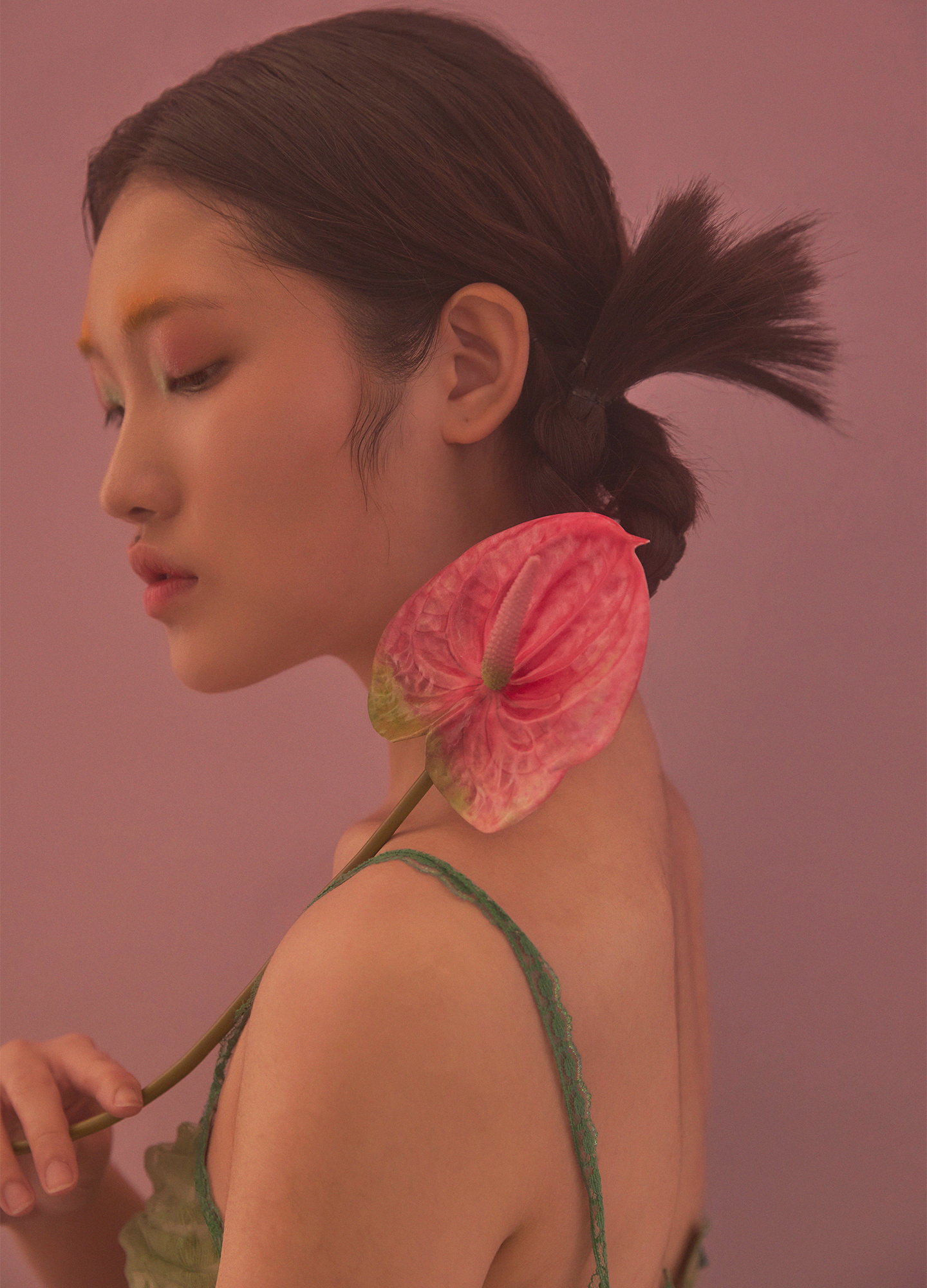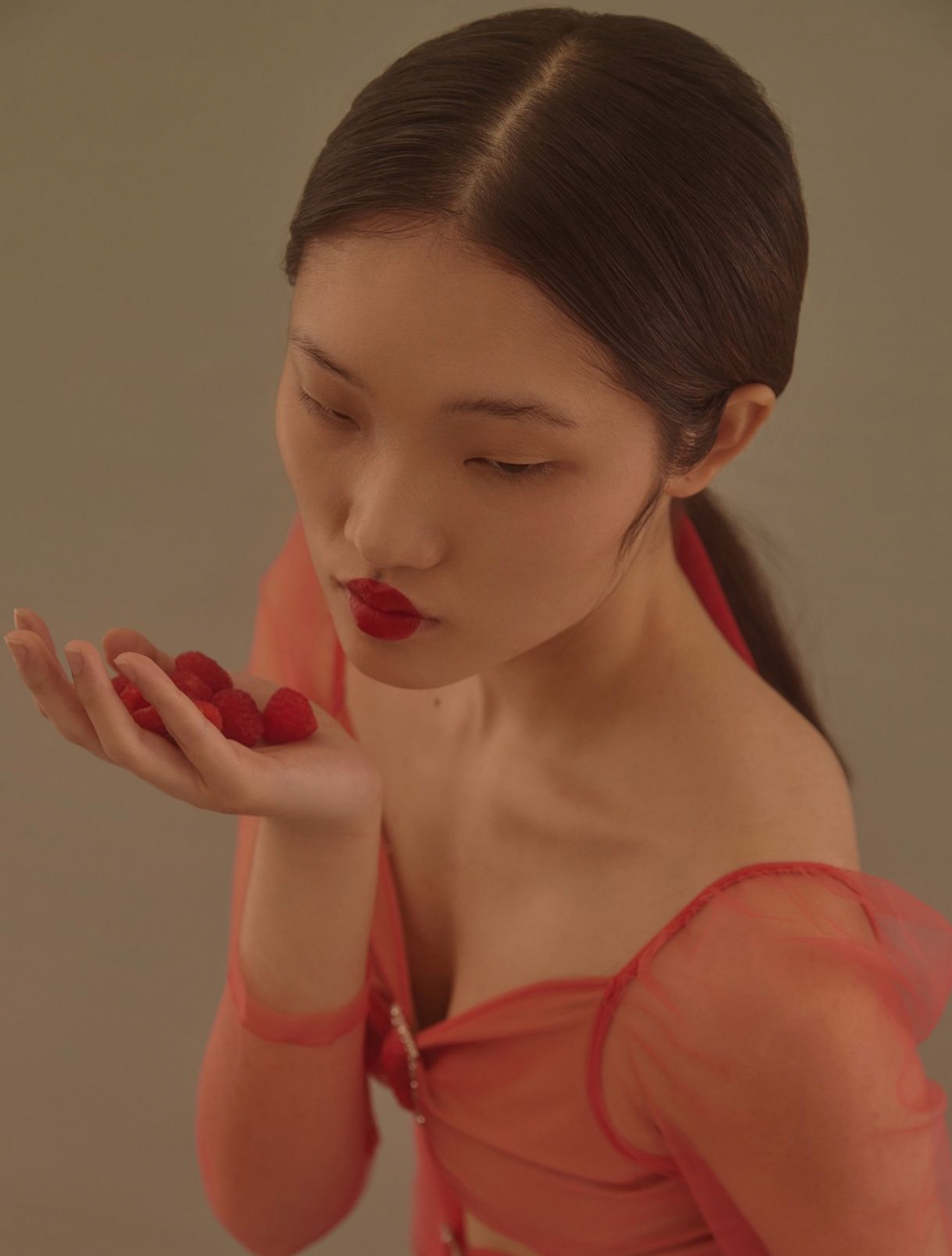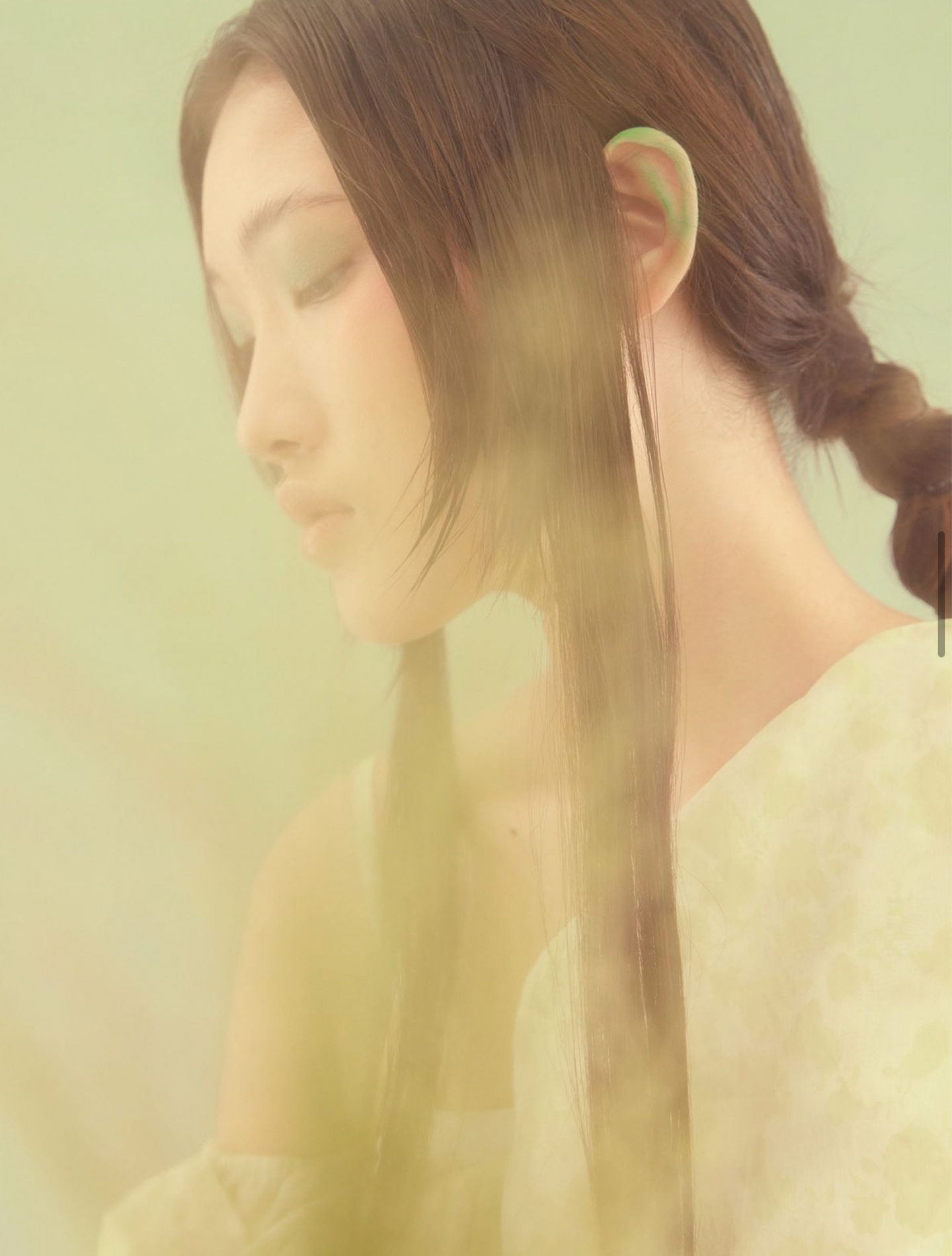






Why are we all talking about China’s fast-growing fragrance market? Debunking age-based myths, it’s all about Chinese Gen Zers
Young Chinese consumers continue to confirm their increasing global relevance in the fashion & luxury market as well as in the beauty industry. And now, they are even becoming familiar with the world of fragrances.

Project by Istituto Marangoni Shanghai Fashion Styling students Zoey Zhang and Susi Zhou. Styling: Zoey Zhang & Susi Zhou. Photo: Oleg Chebotarev
According to iMedia Consulting research published by Vogue Business, there is currently a boom in perfumes sales driven by spending from younger Chinese Millennials and Gen Z consumers, who are leading the way in a sector that is growing at a significantly faster annual rate than the global market, by as much as three times.
Let’s talk numbers: the Chinese perfume market amounted to $1.6 billion in 2020 and is expected to reach $4.3 billion in 2025
If in 2020, China’s perfume market amounted to RMB 10.9 billion – about $1.6 billion – it is now expected to reach RMB 30 billion ($4.3 billion) in 2025. iResearch, another market research company, also supports this market forecast. In general, these numbers prove that the country’s perfume market is ready for a fast expansion.
And surprisingly, young local consumers are getting in touch with this universe and starting to buy fragrances quite early compared to their peers. According to iMedia Consulting, 45% of Chinese Gen Z acquire their first perfume bottle between the ages of 10 and 17. And a small 6% of them were exposed to these products before the age of 10.
Perfume has become mainstream as Gen Z’s interest in scents is skyrocketing, and their tastes are becoming more sophisticated
Although very young, the Chinese are rather sophisticated clients looking for refined and personalised fragrances that express and enhance their style and personality.

Project by Istituto Marangoni Shanghai Fashion Styling students Zoey Zhang and Susi Zhou. Styling: Zoey Zhang & Susi Zhou. Photo: Oleg Chebotarev
Their preferences? In general, they choose fresh over heavy scents, and neutral woody scents are gaining particular popularity among both boys and girls, dispelling a myth that usually sees men preferring woody notes. Floral and lemony fragrances are also well liked.
While new olfactory trends for personal perfumes are emerging, don’t forget the home fragrance boom
However, young Chinese are not attracted to personal perfumes only. They are also developing a strong interest in home fragrances, such as scented candles and diffusers, to create a relaxing and cosy atmosphere, mainly in bedrooms, living rooms and bathrooms.
Nevertheless, Gen Z is choosing home candles not only for functional purposes. They also use these products to improve their emotional well-being, relieve anxiety and sleep better.
From Ikea to Maison Margiela: all you need to know about Chinese Gen Z’s favourite scent brands
Apparently, the top brand in China is Ikea, whose fragrance products have the highest usage percentage (30% of Gen Z have at least one bottle). Millennials also appreciate Ikea but also love the British label Jo Malone, which they find more sophisticated, and local brands The Beast and To Summer.

Project by Istituto Marangoni Shanghai Fashion Styling students Zoey Zhang and Susi Zhou. Styling: Zoey Zhang & Susi Zhou. Photo: Oleg Chebotarev
Among fashion & luxury brands, both Gen Z and Millennials love fragrances by Maison Margiela, Diptyque, Loewe and Tom Ford.
Moreover, according to experts, the growing fragrance market in China is driven by the boom of the so-called niche market. The segment includes brands such as LVMH’s Acqua di Parma, which registered exponential development in the area in the past years. This growth is sustained by e-commerce platforms such as Alibaba’s Tmall, where fragrances account for about 15% of sales.
Zhōngguó is now the promised land for perfumery. How should brands adapt?
In this context, beauty companies are investing in digitalisation and customised services to better meet the needs of Chinese customers. Wondering why? Here you are: Gen Z would like brands to provide more sophisticated personalisation. A remarkable 85% of them are already familiar with the concept of personalised haute couture fragrance, along with Louis Vuitton’s bespoke collaboration with French perfumer Jacques Cavallier Belletrud in 2020.
As the Vogue Business survey showed, China’s Gen Zers would also love a more diverse choice regarding bottle design, fragrance notes, raw materials, product categories and sales channels.

Project by Istituto Marangoni Shanghai Fashion Styling students Zoey Zhang and Susi Zhou. Styling: Zoey Zhang & Susi Zhou. Photo: Oleg Chebotarev
